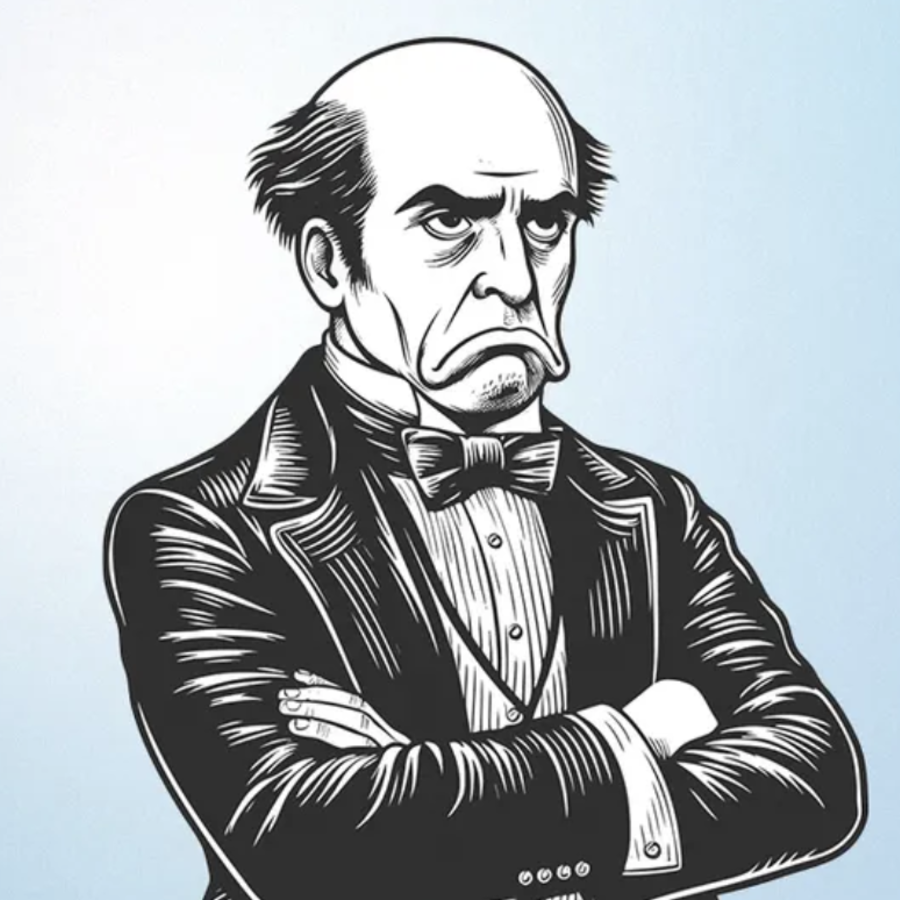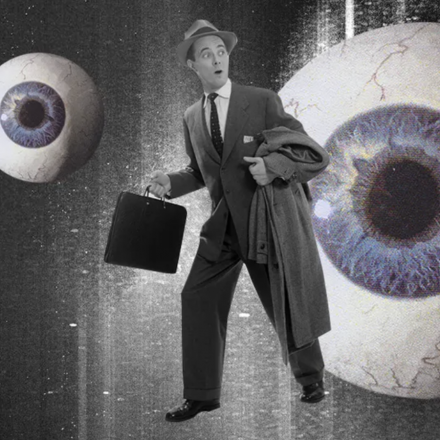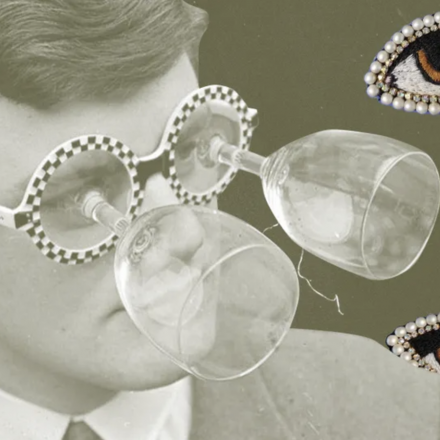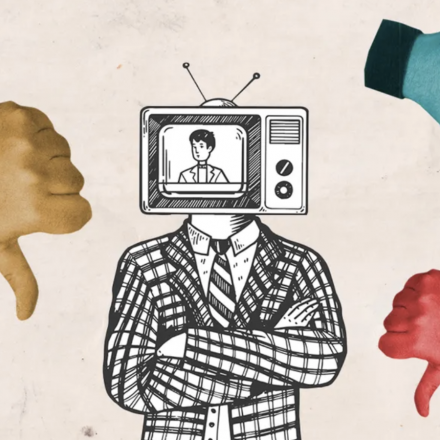Every man goes through phases when everything seems to fall apart, thoughts get tangled, and moods plummet. In these moments, negativity seeps in almost unnoticed and starts to change how you see the world, your relationships with others, and yourself. The world turns gray, friends annoy you, desires fade, and inside grows a prickly, bitter darkness. If you don’t stop it in time, this negativity will become a habit — a trait that destroys not only your inner balance but also your relationships, health, and success.
Here are 8 clear signs that negativity has already taken hold of you — and it’s time to take action.
You complain all the time
You wake up already dissatisfied. The weather isn’t right, the coffee isn’t good enough, there are problems at work again. At home, small things irritate you, and around you, it’s just problems. Complaining has become your constant background, almost automatic. But it solves nothing — it only reinforces your victim mentality and pushes others away. People get tired of your whining and start to distance themselves. Think about it: who really loses — you or those around you?
You’re too critical — of yourself and others
You can’t even enjoy small victories, but you notice every mistake and flaw. You criticize yourself to exhaustion and don’t allow yourself to make mistakes. You criticize others so much that it’s hard to be around you. This attitude kills motivation and takes away the lightness and joy from life. Realism isn’t constant fault-finding but the ability to see the whole picture and move on.
You constantly feel tired — even though you haven’t pushed yourself hard
You wake up already drained, your head buzzes, energy is zero. It’s not just physical tiredness — it’s emotional burnout and inner tension. Negativity overloads your nervous system, lowers your immunity, disrupts sleep and concentration. The vicious cycle closes: you’re tired, want to rest, but rest doesn’t help because your mind and heart don’t calm down. You can only break this cycle by changing your mindset and your relationship with yourself and the world.
Instead of acting, you drown in self-pity
When everything goes wrong, you don’t look for solutions but get stuck in thoughts like “Why am I so unlucky?” or “Why is it so unfair?” You know you need to change something but are afraid or too lazy to take the first step. It’s a trap — a comfortable swamp of suffering where your fear lives. Life only changes when you stop feeling sorry for yourself and start acting, even if it’s scary or difficult.
You’re convinced everyone around you has bad intentions
You take every action of others as a personal insult or betrayal. They didn’t call — they’re ignoring you. They joked — they’re mocking you. You live in a world of suspicion and resentment, close yourself off, and lose trust. But the truth is most people are simply busy with their own lives, make mistakes, and don’t think about hurting you. This attitude distances you from the world and leaves you alone.
You expect everything to go wrong
Before a new project, you think, “I won’t succeed.” Before a conversation, you fear, “We’ll definitely argue.” You prepare yourself for failure and don’t even give yourself a chance. This mindset doesn’t protect you — it kills every initiative. Start at least with the thought, “Let’s see what happens.” It eases the tension and creates space for action and growth.
You fear change and cling to the familiar bad
“Better the bad I know than the good I don’t,” you think, holding on to the past even if it drags you down. Fear of facing new challenges paralyzes you and stops you from growing. But change isn’t always a disaster; sometimes it’s small steps toward better things. Accept growth, and life will take on new colors.
People tell you that you’ve become too negative
If your loved ones and friends notice you’re often gloomy, irritable, or “prickly,” don’t brush it off. It’s a sign it’s time to change. This doesn’t mean becoming an eternal optimist but not letting negativity take control. Listen to those close to you — they want to help.


















